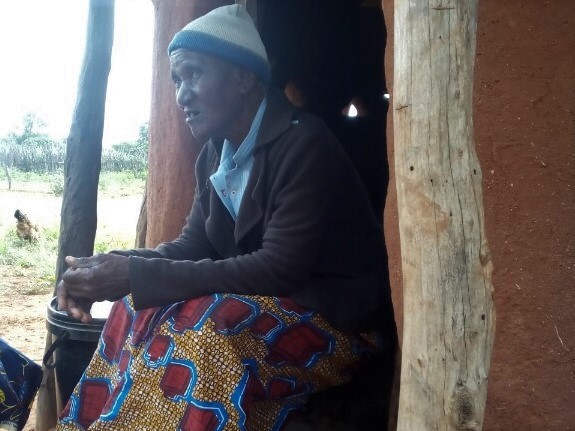Villages in Siachilaba faced severe poverty during the early COVID-19 lockdown
Bridget Mukuli
Zimbabwe
Reporting topics:
Gender based violence, livelihoods
The advent of COVID-19 has prompted several measures by many governments across the globe to mitigate the spread of the virus. Bridget Mukuli, a female ECID Community Reporter, based in Siachilaba, Zimbabwe, shares some of the negative impacts of the early COVID-19 control measures on the economic well-being of women in Siachilaba, and calls for support for the affected women.
Villagers who used to earn a living through small income-generating activities saw an increased level of hardship. Before the lockdown, some of the women used to weave baskets for sale. Others sold fish at the Siachilaba fish market. People who survived through these types of income-generating activities experienced different levels of survival challenges during the lockdown.
Prohibition of public gatherings meant that the women could not sell their commodities in crowded markets. Travel restrictions also meant that customers could not buy their products. Those who were worst hit were forced to beg just to have their daily bread. Others migrated from their homes to different places in search of jobs. Government and non-governmental organizations need to take serious action in helping these communities.


